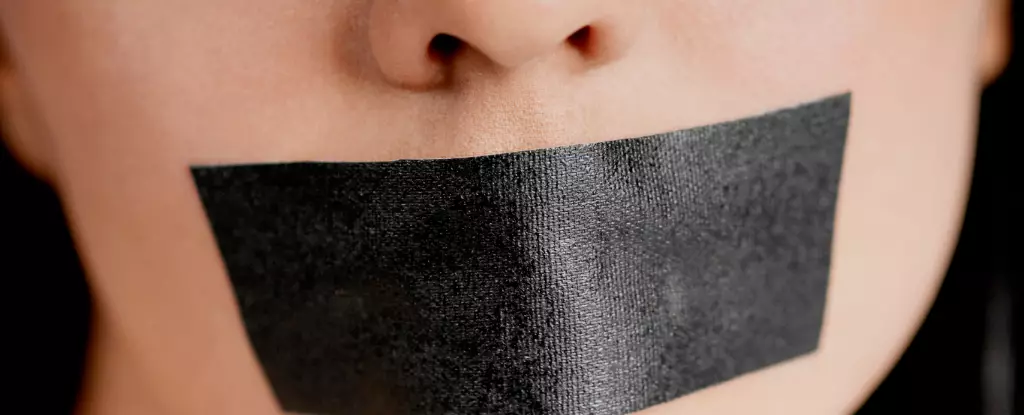Sleep has long been recognized as a crucial pillar of health, and sleep disorders, particularly sleep apnea, pose severe risks to cardiovascular health. Beyond the well-known culprits like poor diet and lack of physical activity, sleep apnea has emerged as a critical player in the development of heart disease and stroke. While traditional treatments exist, some have turned to unconventional methods, including mouth taping, which poses significant risks that bear careful examination.
Sleep apnea is characterized by repeated interruptions in breathing during sleep, often due to a blockage of the airway. The severity of this condition can vary significantly among individuals; however, its consequences can be dire, including increased rates of hypertension, heart attack, and stroke. Historically, Continuous Positive Airway Pressure (CPAP) machines and mandibular advancement devices have been the most common medical treatments available. While CPAP machines are frequently hailed as the gold standard for moderate to severe cases, adherence can be a significant issue, with studies indicating that nearly 50% of users abandon treatment within three years.
Mandibular advancement devices, resembling a mouthguard, can provide relief but often come with discomfort and dental issues. The shortcomings of these established treatments have led to a growing curiosity for alternatives, with mouth taping gaining attention as a potential, low-cost solution.
Mouth taping requires users to seal their mouths shut during sleep to promote nasal breathing. Advocates assert that this method can enhance airflow and reduce incidents of airway collapse, ostensibly providing relief similar to traditional treatments. They often recommend using specific breathable tape to avoid irritation, and applying it in a way that doesn’t fully cover the mouth. However, numerous factors complicate this approach, as recent studies suggest that it neither guarantees success nor is appropriate for everyone.
A study mimicking the effects of mouth taping revealed mixed results—some participants experienced improved airflow, while others faced decreased airflow. This variability underscores the fact that mouth taping cannot be regarded as a universal remedy. Furthermore, research on the subject remains limited, predominantly involving small sample sizes and focusing solely on individuals with mild sleep apnea.
Mouth taping isn’t without its dangers. For individuals who exhale through their mouths, often termed “mouth puffing,” there is a risk of inadequate oxygen levels and potential carbon dioxide buildup, both of which can place stress on the body. Additionally, snoring and airway blockage appear to worsen in about one-third of mouth-taping participants, further complicating the relationship between sleep apnea symptoms and this purported treatment.
The delicate skin surrounding the mouth poses an additional risk. Being an erogenous zone, the lips and adjacent skin contain an abundance of nerve endings, making irritation from tape not only uncomfortable but potentially damaging. Users may experience dermatitis, folliculitis, or even stripping, where layers of skin come off, exposing fresh, sensitive skin that invites infection.
The potential hazards of mouth taping extend beyond discomfort. For individuals with pre-existing respiratory conditions, such as asthma or bronchitis, taping the mouth shut could exacerbate oxygen deprivation. The risks amplify under emergency conditions; for instance, consuming alcohol or suffering from gastrointestinal distress could lead to vomiting, while mouth taping could block an effective airway. This poses a significant danger, as aspiration pneumonia—a severe respiratory complication—could result from inhaling stomach contents.
While innovative home remedies can be appealing for those seeking an escape from cumbersome medical devices, mouth taping proves to be a precarious alternative for managing sleep apnea. The mixture of mixed research findings, physiological risks, and potential life-threatening consequences underscores the need for caution. Individuals suffering from sleep apnea or anyone considering mouth taping should consult healthcare professionals before exploring uncharted territory.
Although the journey to discovering effective and convenient treatments for sleep apnea continues, mouth taping lacks sufficient evidence to warrant widespread adoption. Individuals should prioritize their safety over trendy solutions and seek care from qualified healthcare providers to ensure effective management of their condition.

